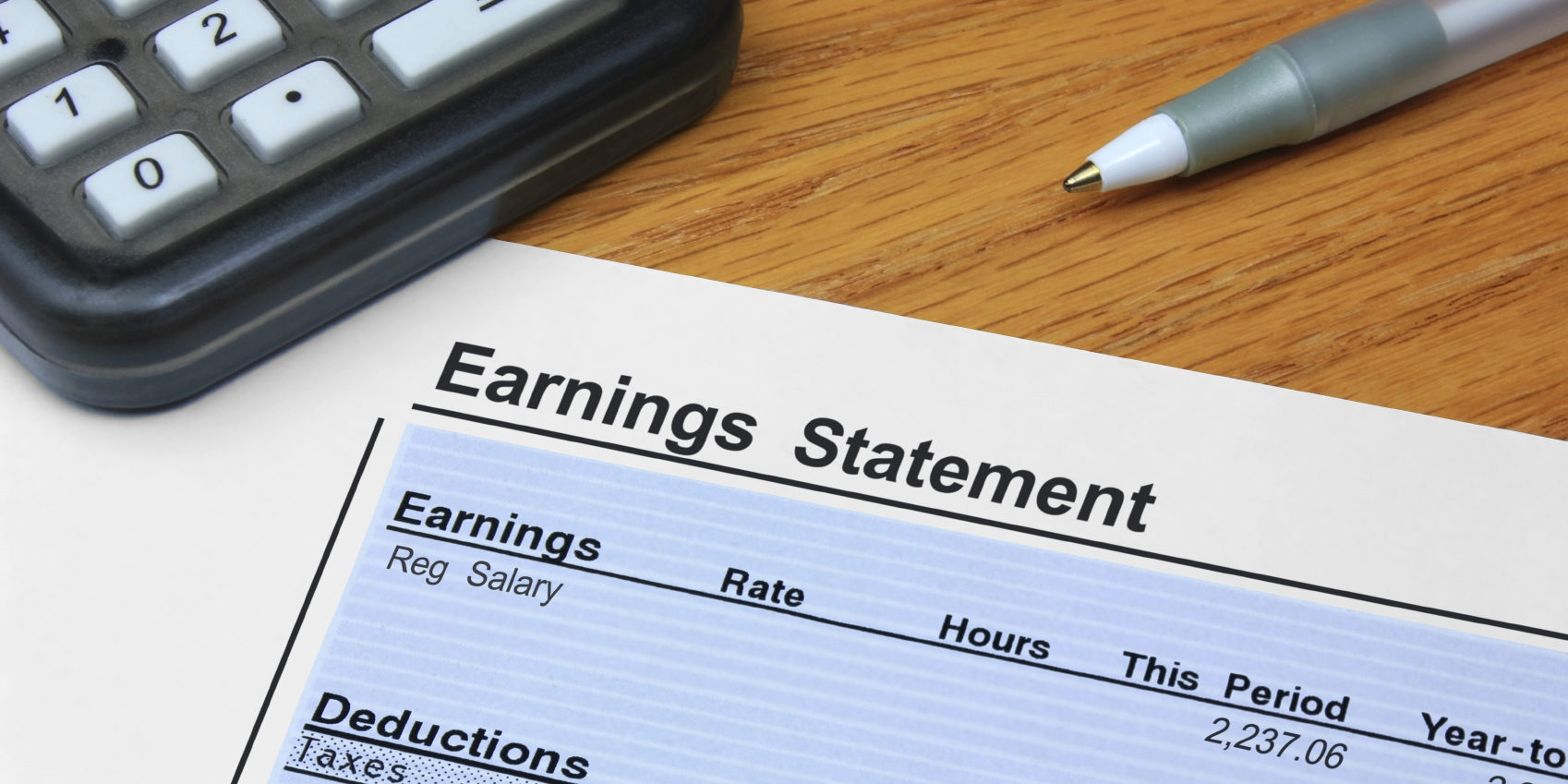We have often said that if you really want to get as many savings as possible on your Canada taxes that you have to stay on top of the ongoing changes that take place in the tax laws and rules. Not only can they have an immediate effect on your current taxes but they can have an impact on future years. They can also influence any decisions that you may be contemplating. There has been some changes to the Canada Pension Plan (CPP) rules that went into affect in the 2012 taxes.
Presently you are eligible to start receiving your CPP at the age of 60 at a reduced rate even if you are still employed. At the age of 65 you are entitled to your full CPP. The decision is yours to take your pension at the age of 60 or wait till 65. However, if you are still working then you must still contribute to the CPP up to the age of 65 unless you retire before this.
You can also elect not to receive your CPP until the age of 70, and as a bonus for doing so you will receive additional benefits at that age when you start collecting. If you are 65 or over and are receiving your CPP you can elect to stop receiving your pension so you can enjoy the additional benefits at age 70. To do this though there are some regulations that you must follow.
You will need to fill out a Form CPT30 and give one copy to your employer and send a copy to the CRA. If you are self-employed you also have the same option but you must complete a schedule 8.
By electing to wait till the age of 70 to receive your CPP you are participating in the Post Retirement Benefit (PRB). The amount you will receive under the PRB will depend on your level of earnings. The largest amount that you could possibly be eligible for would be an amount equal to 1/40th of the max. CPP retirement pension. There is other information and regulations pertaining to this and it would be wise to speak to your Toronto accountant about this if it is something of interest to you.
You may question as to where this Post Retirement Benefit could really be of value to you. For those that have a good income at present and are not dependent on the extra standard CPP benefits it may be worth waiting so you can capitalize on the extra income in your later years. The same could be said for the person who wishes to remain in the workforce past the age of 65.







